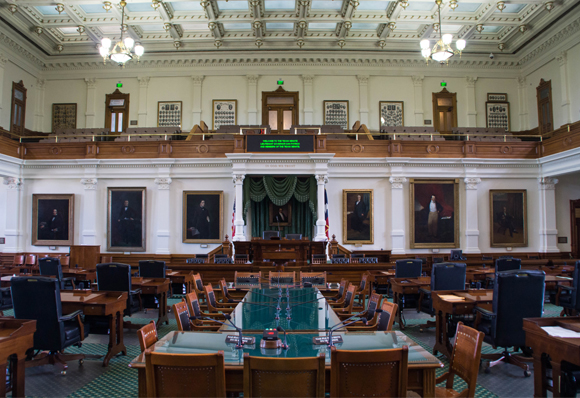The US severed diplomatic relations with Cuba in 1961, and has continued a policy of isolating Cuba since then, including the establishment of a Cuba Sanctions Act which imposed strict embargos against Cuba. This was not unprovoked. The Soviet Union was using and backing Cuba, leading to the Cuban Missile Crisis in 1962, where the US and Soviet Union were poised on the brink of all-out nuclear war. Throughout the Cold War, Cuba posed a threat to US security. With the collapse of the Soviet Union in 1991, however, Cuba lost their protector, and ceased to be a threat. Nevertheless, the US did not ease the sanctions; instead, the sanctions became even more severe in the mid-1990s. In recent years, although there has been an easing of tensions between the US and Cuba, particularly after the transfer of power from the previous President of the Council of State of Cuba, Fidel Castro, to his brother Raúl Castro in 2008, there was no change in the basic US policy toward Cuba. It has been said that this was partly due to the strong influence of an anti-Castro faction of Cuban-Americans.
During the 2008 presidential election, Barack Obama made a pledge to normalize diplomatic relations with Cuba; but, after taking office, was cautious about revising Cuban policy. The Summit of the Americas held in Colombia in April 2012 proved to be a turning point. The US blocked the participation of Cuba in the summit because of “inadequate progress on democracy,” resulting in criticism directed at President Obama from the leaders of many Latin American nations who sympathized with Cuba. President Obama himself recognized that the policy to isolate Cuba had stalled, and seems to have made the decision at this time to work to change the policy to one of inclusion. President Obama was re-elected the following autumn, and began secret negotiations with Cuba in the spring of 2013, with a total of nine meetings between the two nations over a period of 18 months, in locations like Canada. Through the mediation efforts of Pope Francis, a native of Argentina, in December 2014, both countries announced intentions to work toward normalization of relations. In April 2015, President Obama met publically with Chairman Raúl Castro. At the end of May, the US announced that Cuba was removed from the State Sponsor of Terrorism list, leading up to the announcement on July 1 of the restoration of diplomatic relations and the reopening of the embassies.
























































